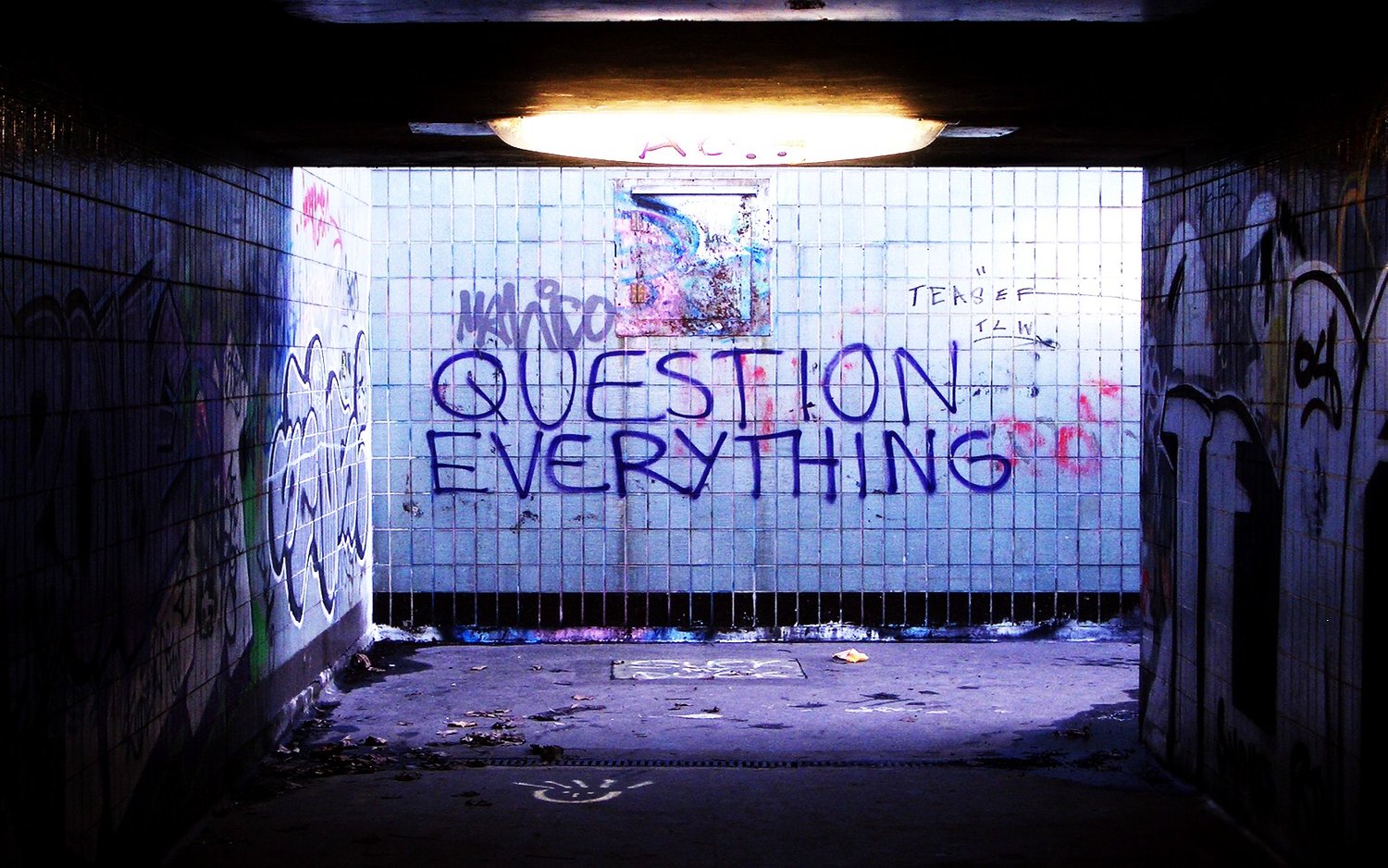Successful behavior change requires selecting the right behaviors that will impact our desired outcome.
The #1 Behavior Change Problem
Our world is littered with information that present problems with choosing the best action to achieve our desired outcomes. For instance, people believe…
- Going to school will make you more money.
- Emotions drive behavior.
- Eating certain foods can help you lose weight.
- Investing in a stock can make you wealthy.
The simple, common sense answer is not the best action.
A couple years ago I met an interesting start-up that developed a smoking cessation smartphone application to help workplaces reduce health care costs by getting employees to quit smoking. By getting people to quit smoking they become more productive and healthier and save the business money in the process. Sounds great right?
Hold on a minute, what do you think would happen by having an employee stop smoking?

Will getting employees to stop smoking make a business more profitable? Possibly in the long-run, but most would suffer from not smoking. Many people smoke to reduce stress and forcing people to stop smoking would kill their productivity and work performance. Think of it like taking away your stress reducing activity that help keep your productivity high.
Common sense answers are not the best solutions.
Going to school puts people in debt, eating food increases our weight, investing money is spending, emotions are a result of behavior, and we don’t get abs we already have them. The purpose of this is not to get into a casualty debate but to ask more informed questions that lead to the right answers.
We need to ask the right questions to know all the possible options to determine the best actions to take.
IDENTIFY THE ROOT CAUSE.
For example, if someone is running late for work…
- Why (because they missed their train)
- Why did they miss their train (because they got up late)
- Why did they oversleep and get up late (because they were out late the night before…)







